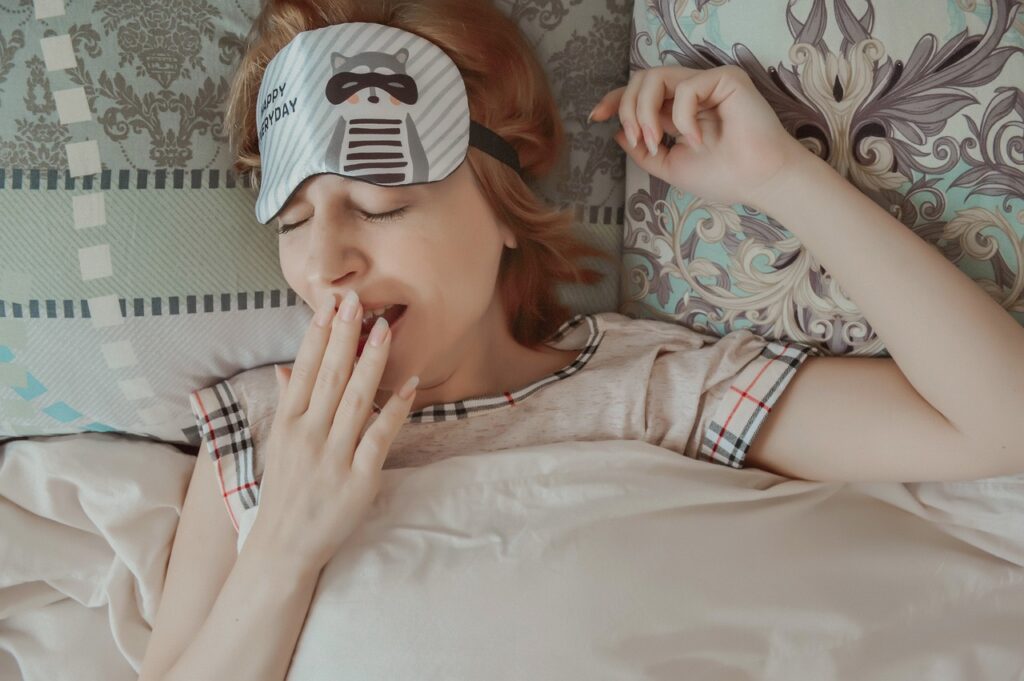As the temperatures rise, it’s crucial to stay informed about heat-related illnesses. One of the most common and concerning conditions is heat exhaustion. Understanding its symptoms, prevention strategies, and treatment options can help you stay safe during hot weather.
What is Heat Exhaustion?
Heat exhaustion occurs when the body overheats, typically due to prolonged exposure to high temperatures, combined with dehydration. It is less severe than heat stroke but can escalate if not addressed promptly.
Symptoms of Heat Exhaustion
Recognizing the signs of heat exhaustion is key to preventing it from worsening. Common symptoms include:
- Heavy sweating
- Weakness or fatigue
- Dizziness or fainting
- Nausea or vomiting
- Muscle cramps
- Cool, moist skin with goosebumps
- Rapid, weak pulse
- Headache
If you or someone else experiences these symptoms, it’s important to take action immediately.
Prevention Tips
Preventing heat exhaustion involves taking proactive measures to stay cool and hydrated. Here are some effective strategies:
- Stay Hydrated: Drink plenty of water throughout the day, especially when outdoors or engaging in physical activities.
- Wear Appropriate Clothing: Opt for lightweight, loose-fitting, and light-colored clothing to help your body stay cool.
- Take Breaks: If you’re working or exercising outside, take frequent breaks in a shaded or air-conditioned area.
- Avoid Peak Heat: Try to schedule outdoor activities during the cooler parts of the day, such as early morning or late evening.
- Use Fans and Air Conditioning: Utilize fans and air conditioning to maintain a cool indoor environment.
Treatment for Heat Exhaustion
If you suspect someone has heat exhaustion, take the following steps to cool them down and seek medical attention if necessary:
- Move to a Cooler Area: Get the person to a shaded or air-conditioned place.
- Hydrate: Provide water or a sports drink to help rehydrate and replenish electrolytes.
- Cool the Body: Use cool, wet cloths or a cool shower to lower the body temperature. Avoid using ice-cold water, as it can cause shock.
- Rest: Encourage the person to lie down and rest. Elevate their legs to promote blood flow to the heart.
When to Seek Medical Help
If the symptoms persist for more than an hour or worsen, seek medical attention immediately. Heat exhaustion can escalate to heat stroke, a life-threatening condition requiring urgent care.
Conclusion
By staying vigilant and taking preventive measures, you can enjoy the summer months without falling victim to heat exhaustion. Keep yourself and your loved ones safe by recognizing the signs, staying hydrated, and taking steps to cool down when necessary.
Stay cool, stay safe, and enjoy the sunshine responsibly!
Link to see our blog: https://clinicafamiliaramistad.com/blog/
Visit our Facebook: https://www.facebook.com/clinicafamiliaramistad
Visit our Instagram: https://www.instagram.com/clinicafamiliaramistad/



